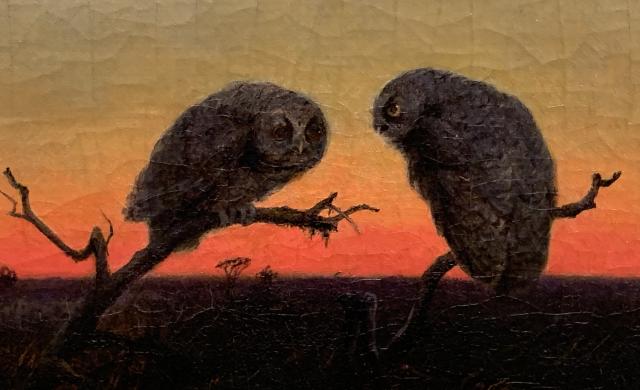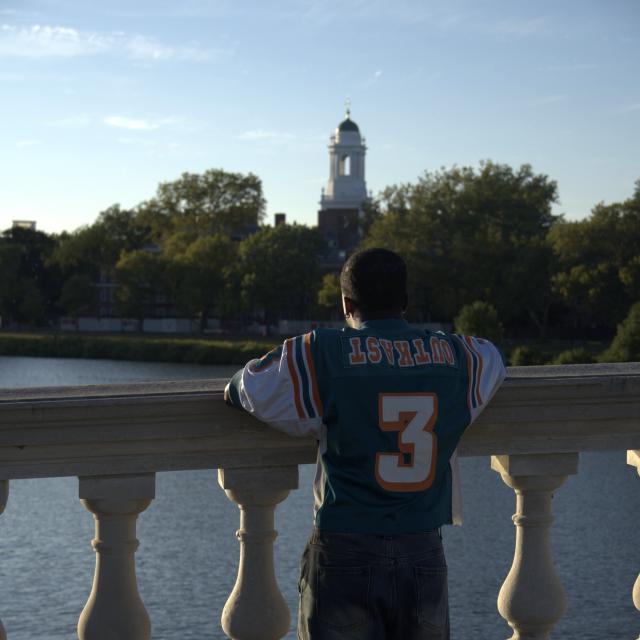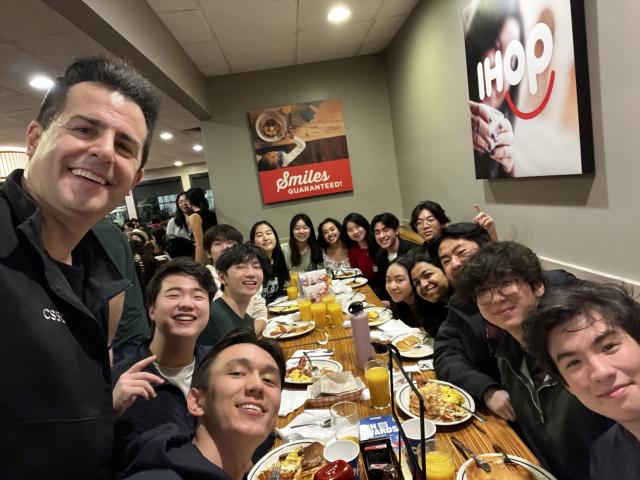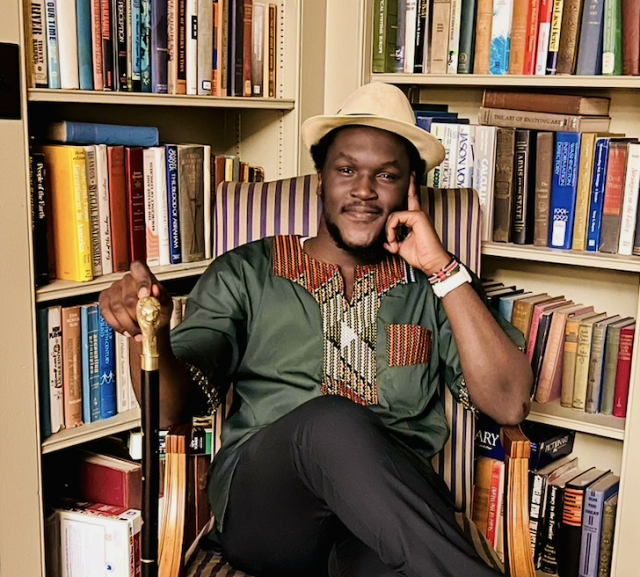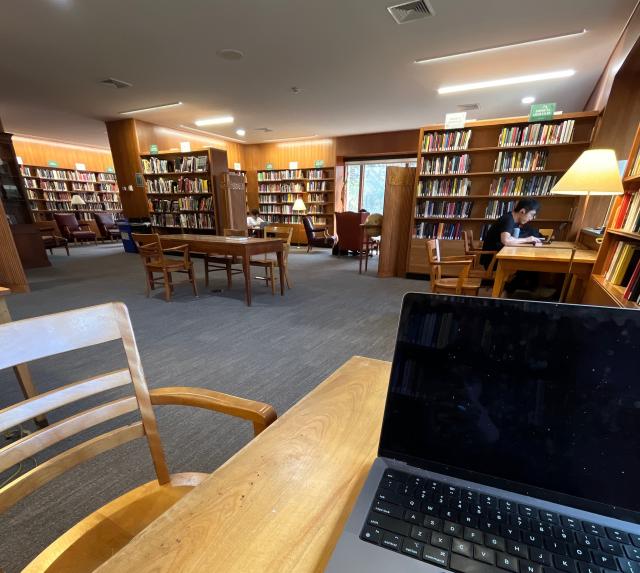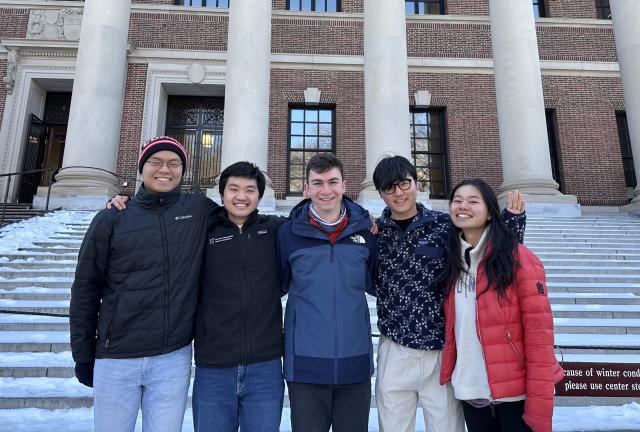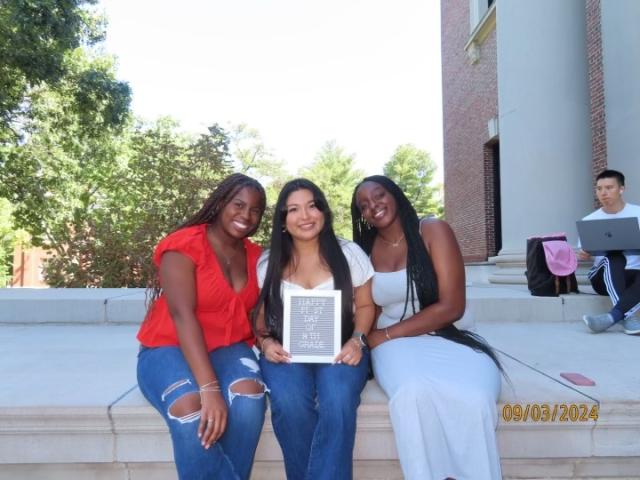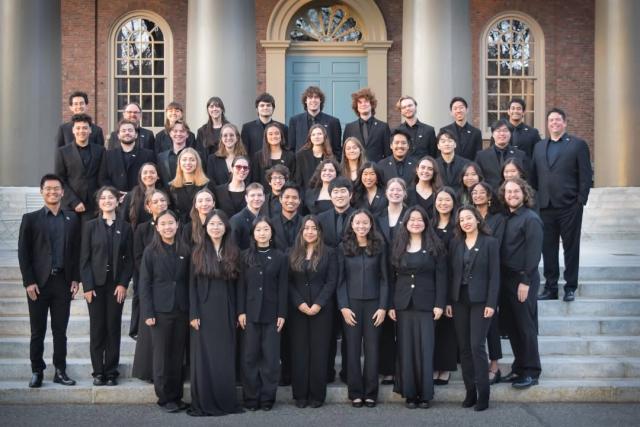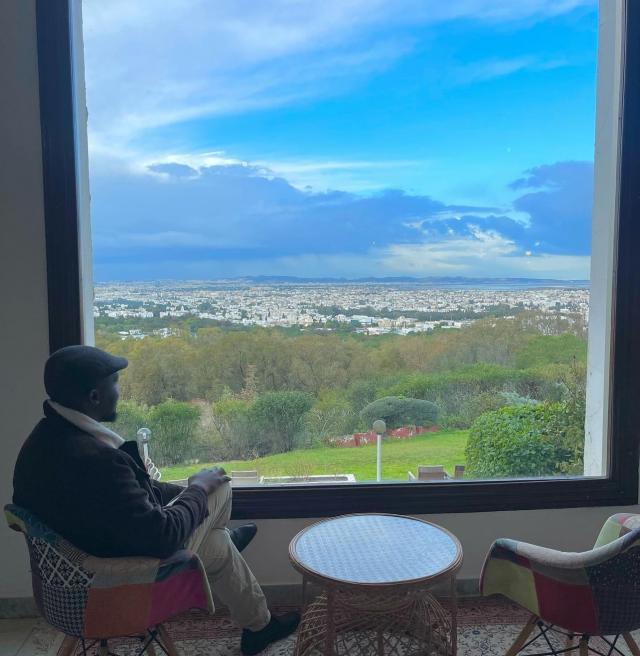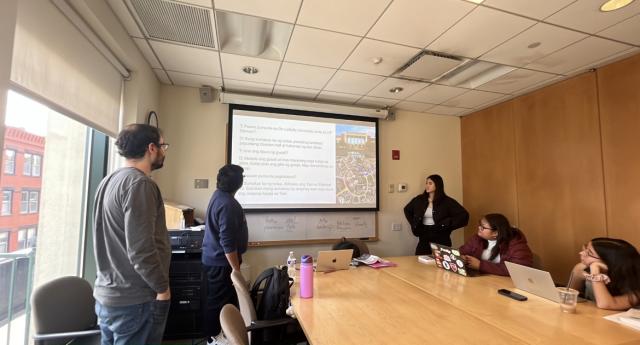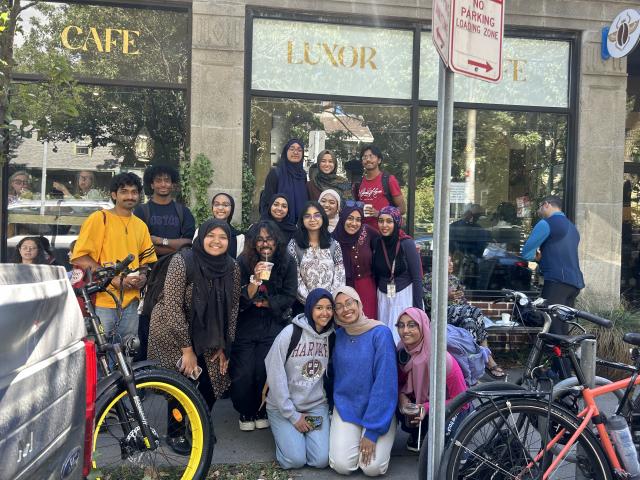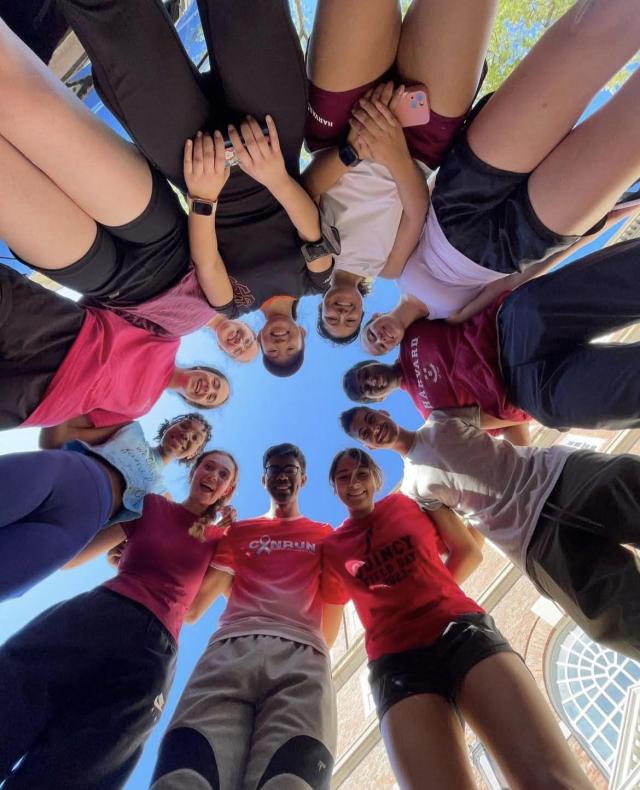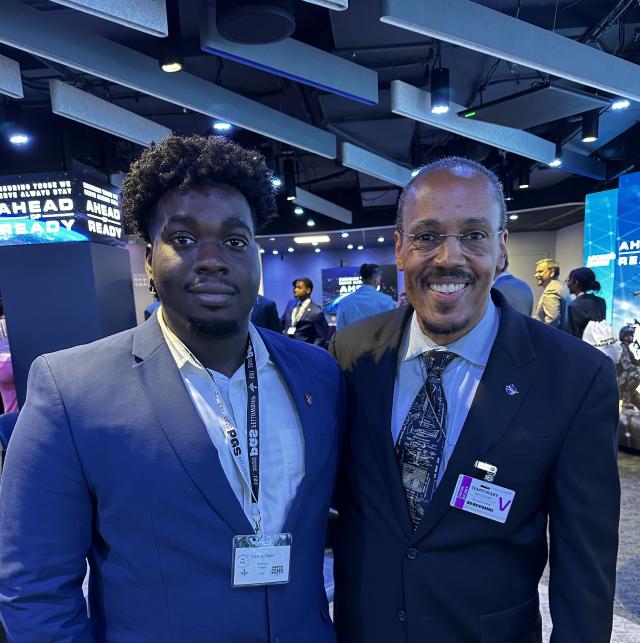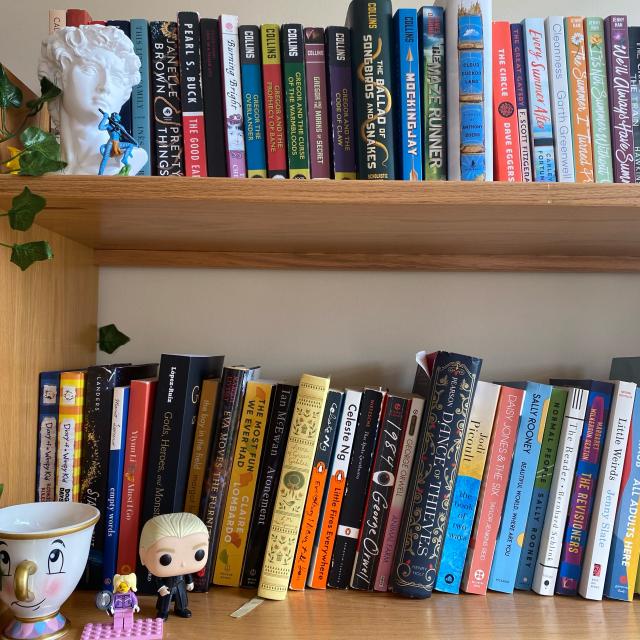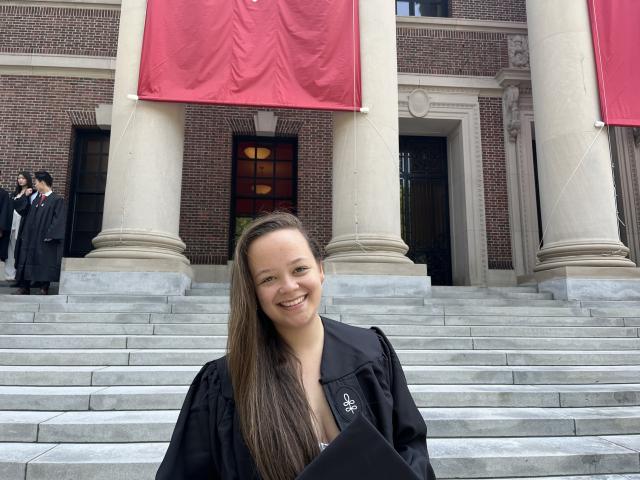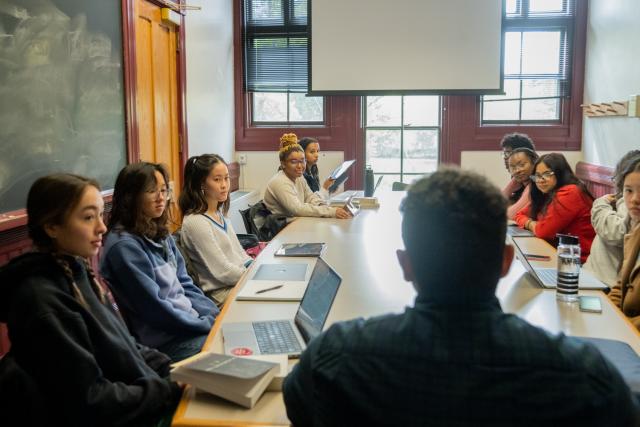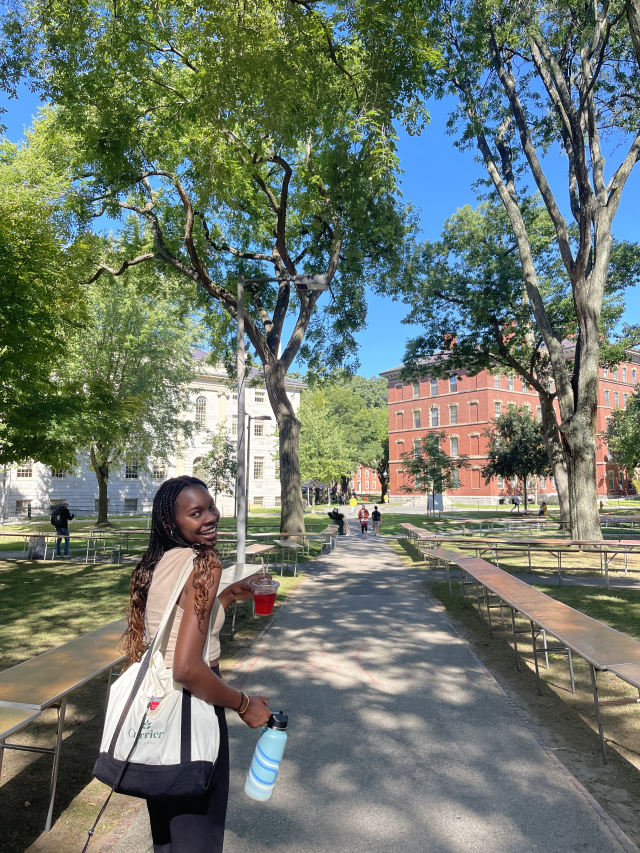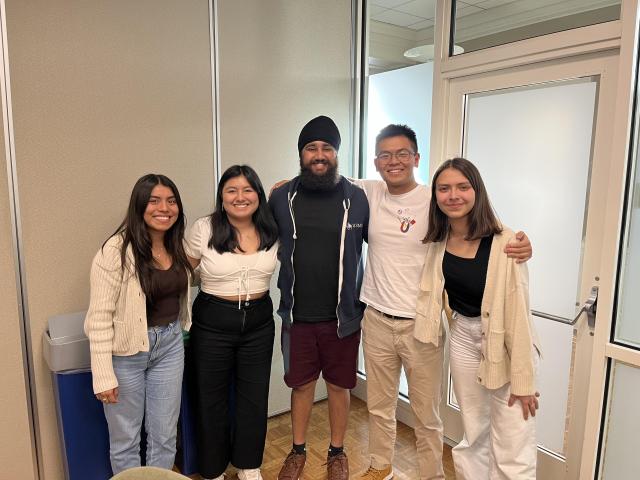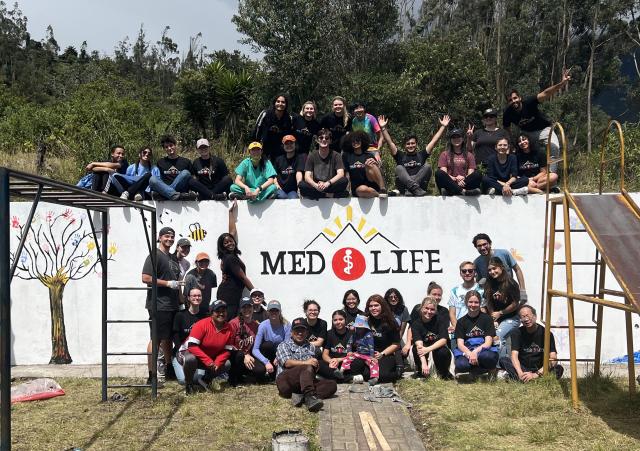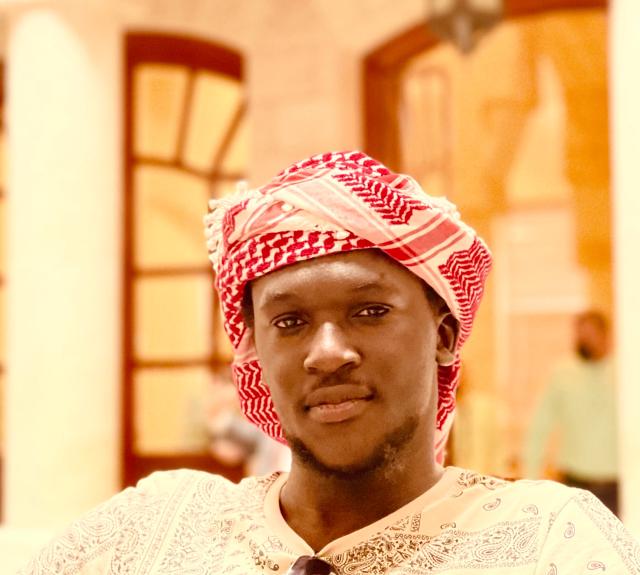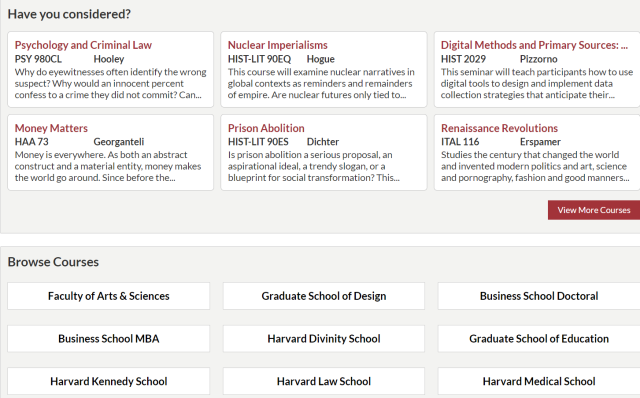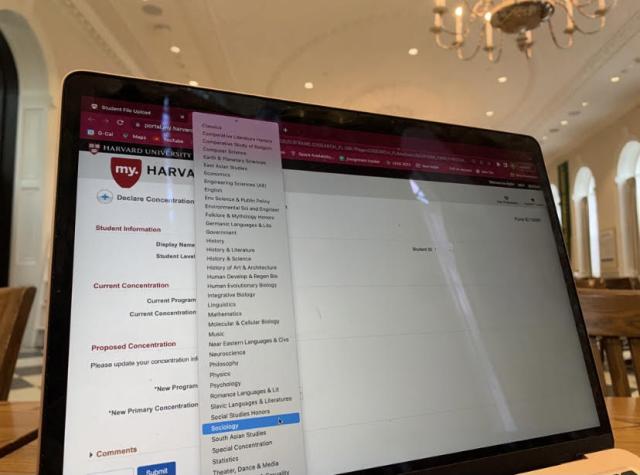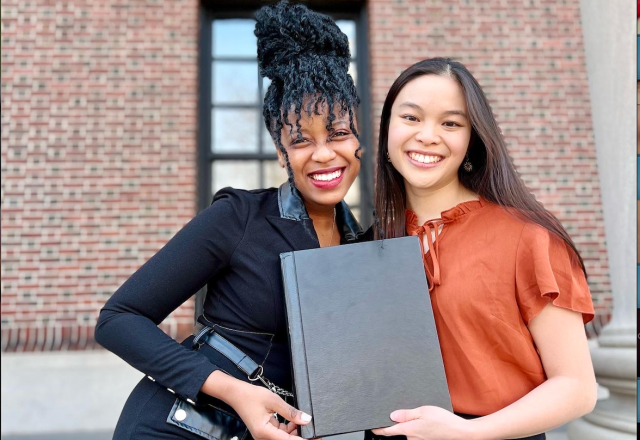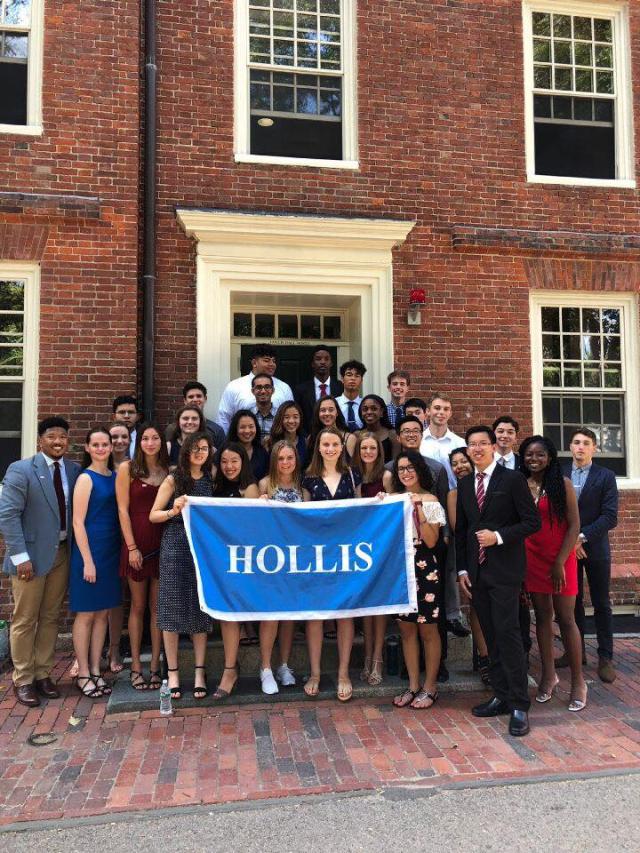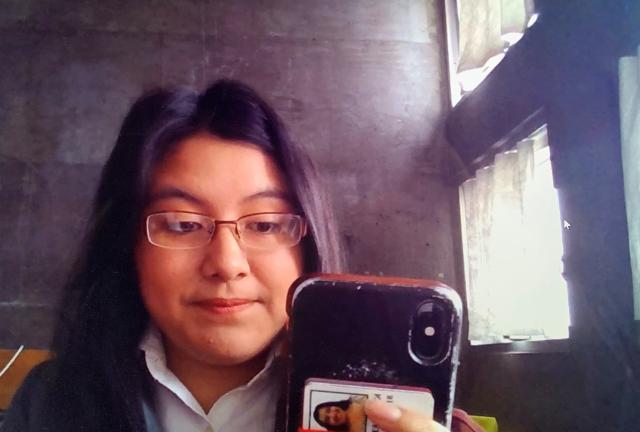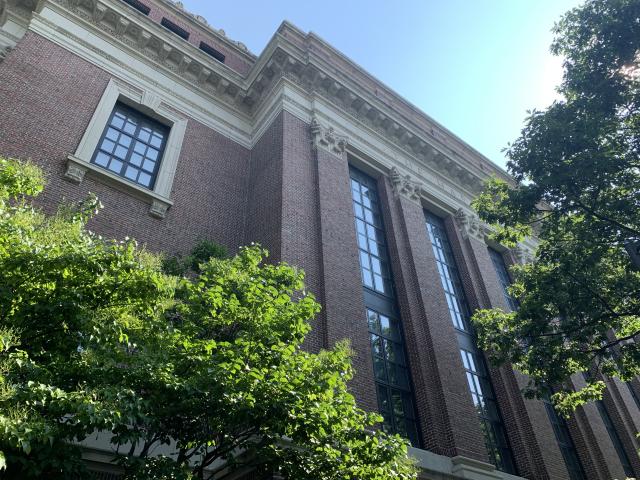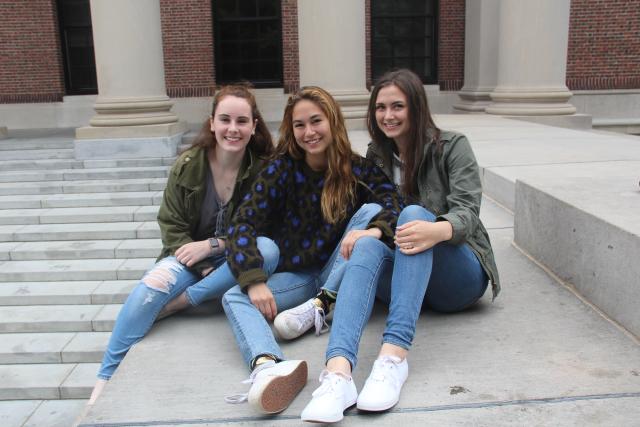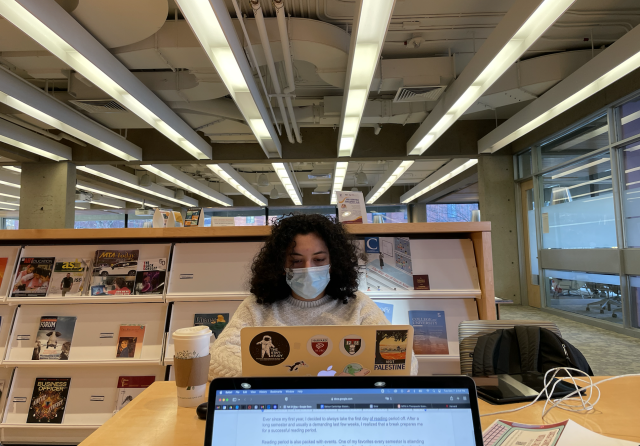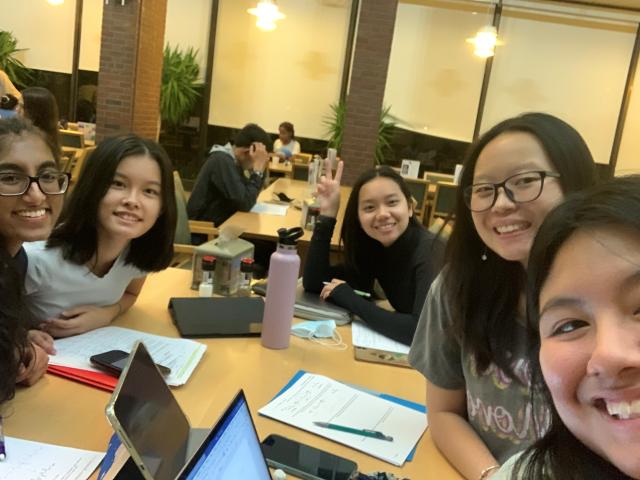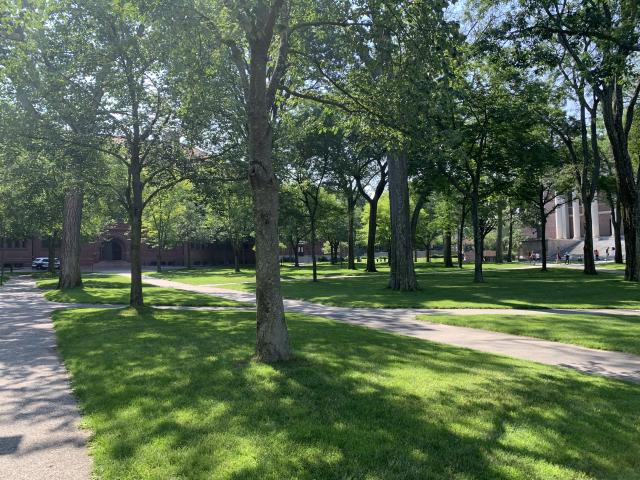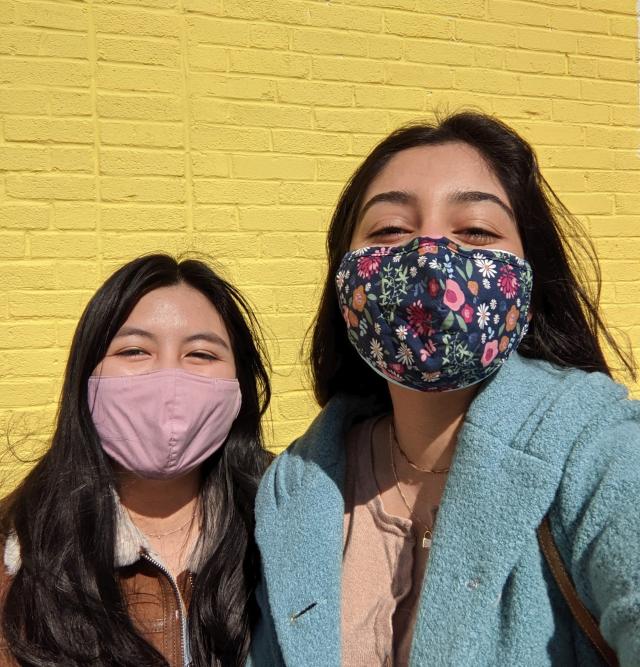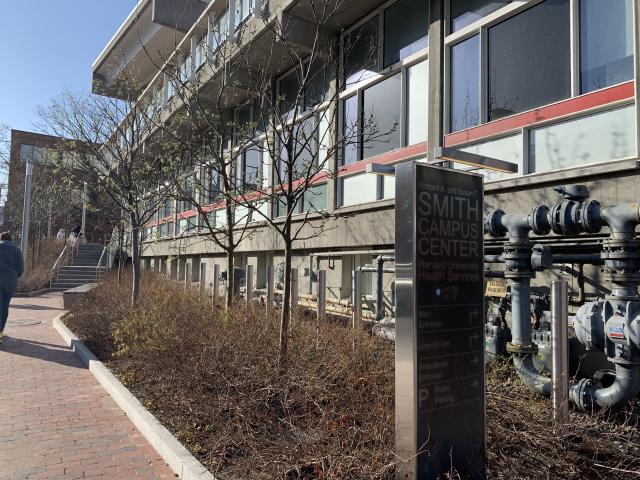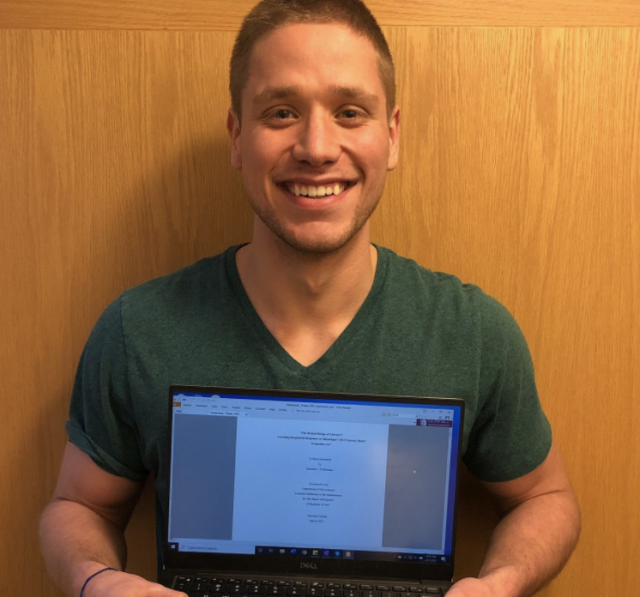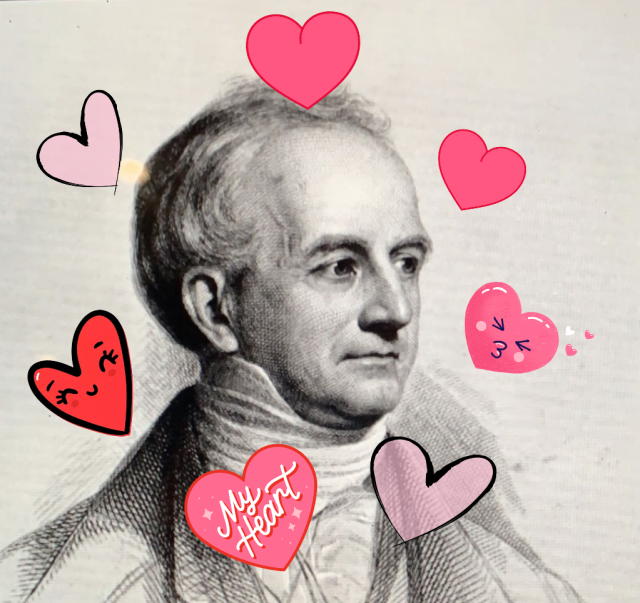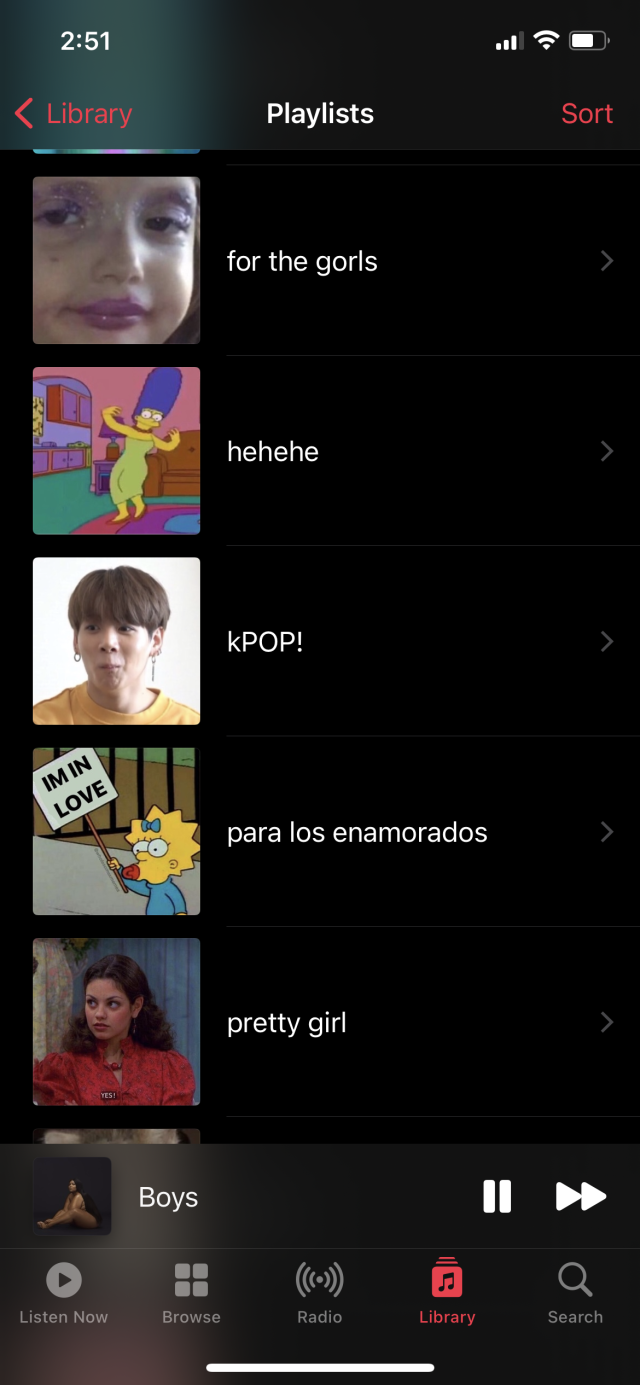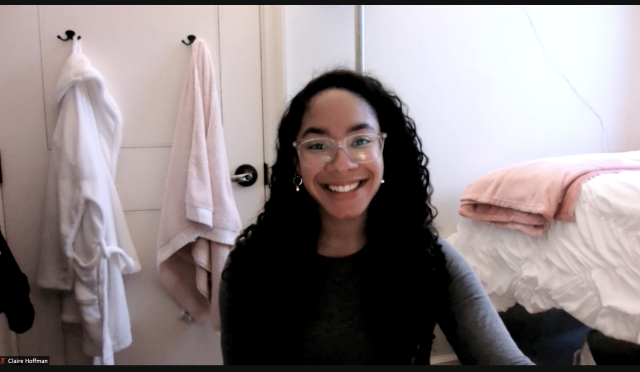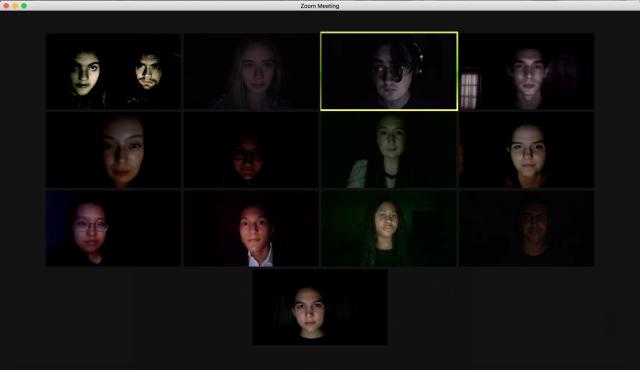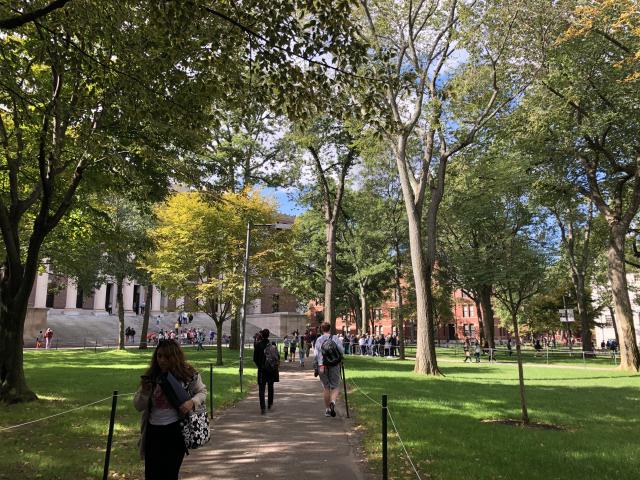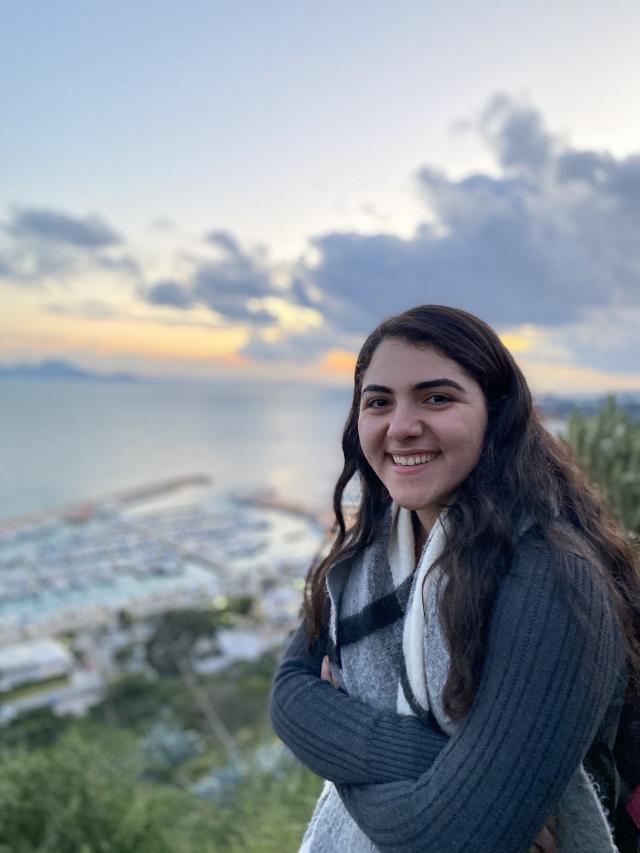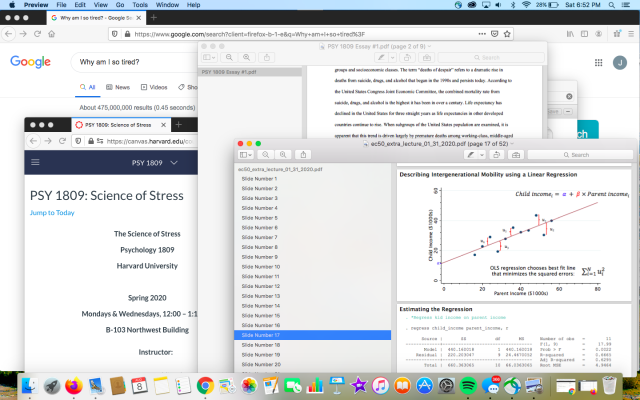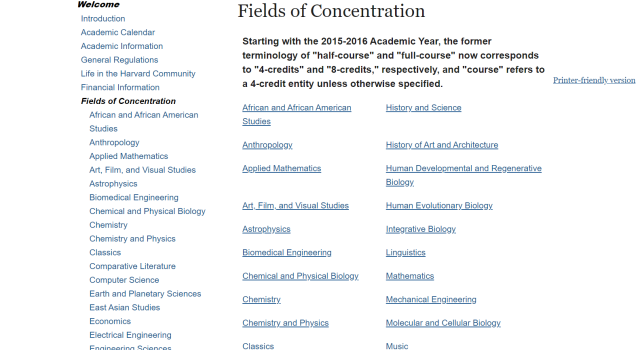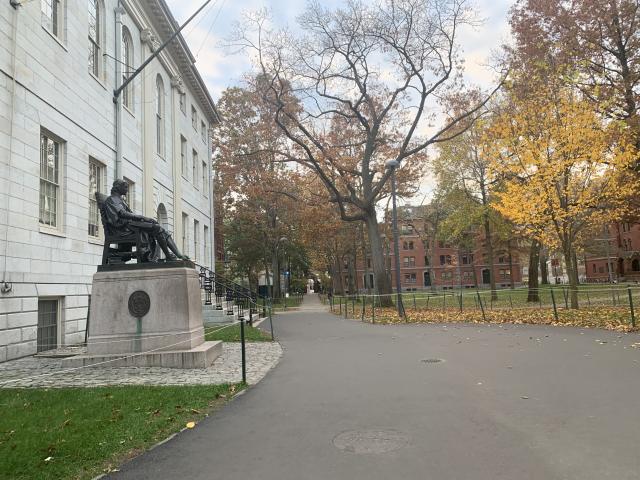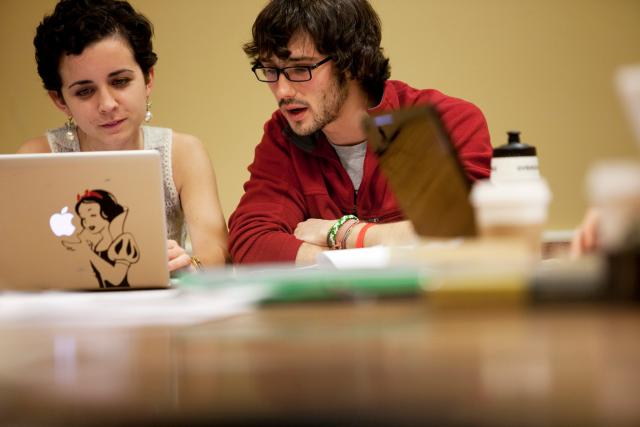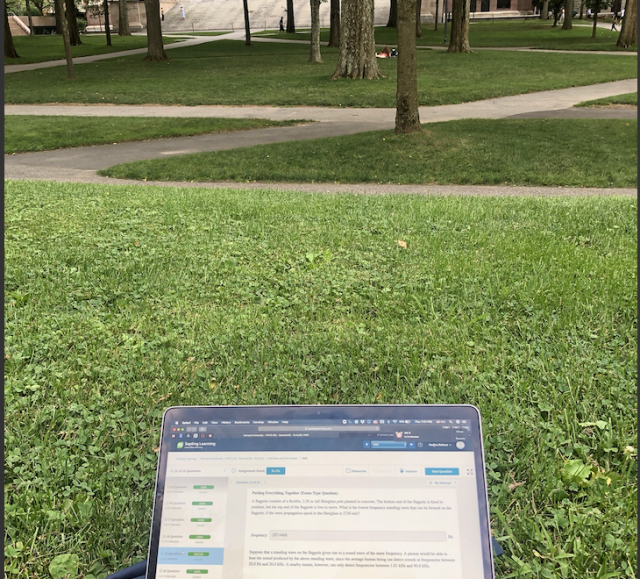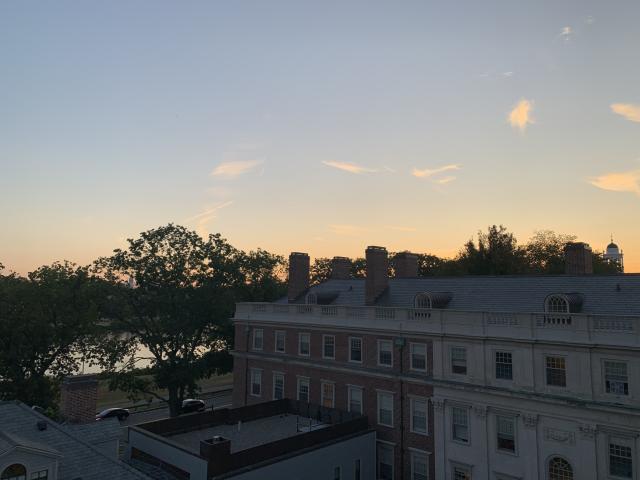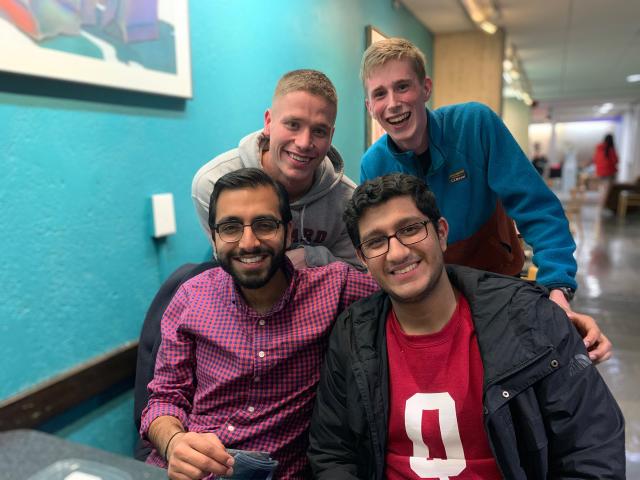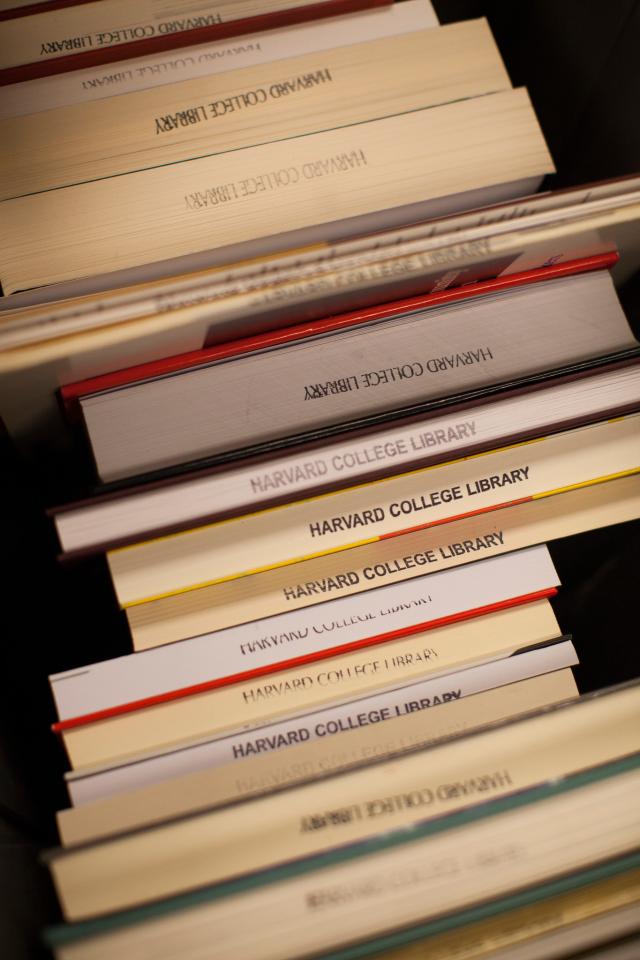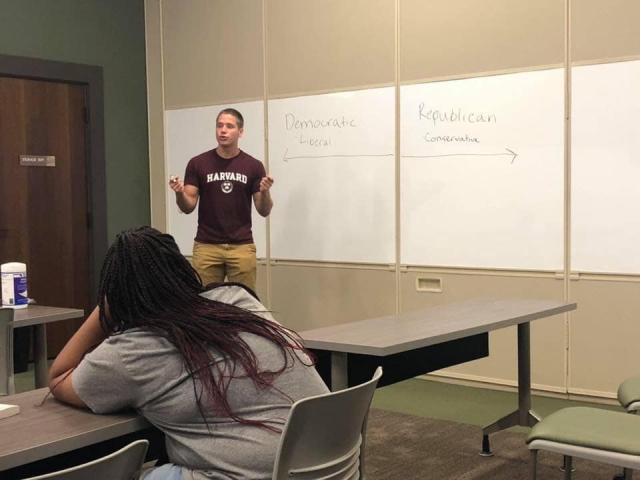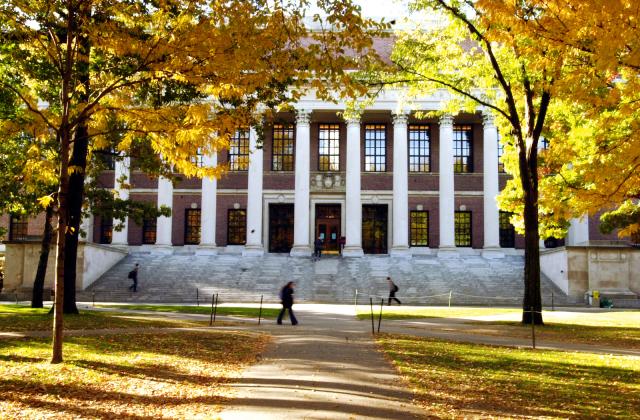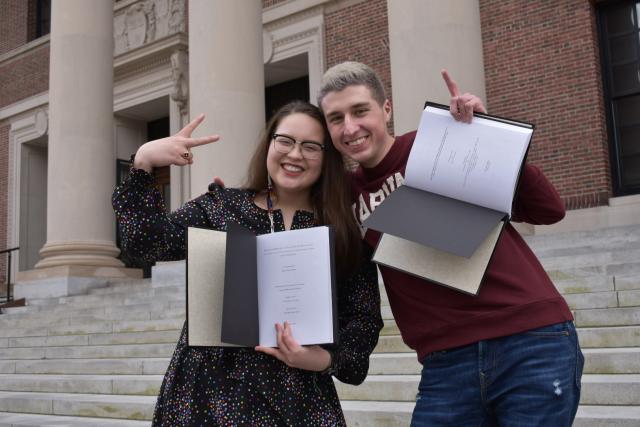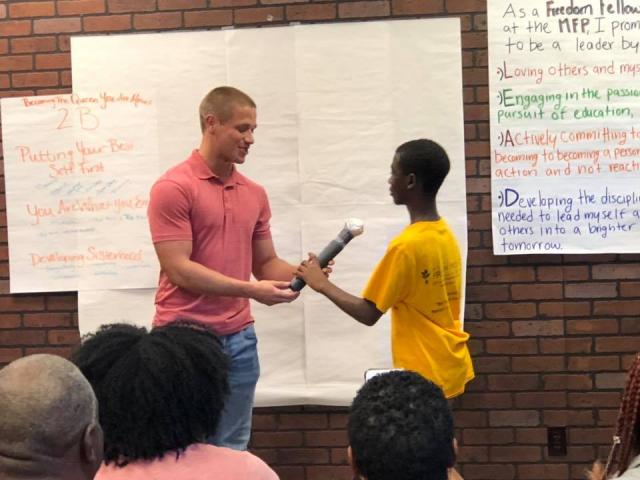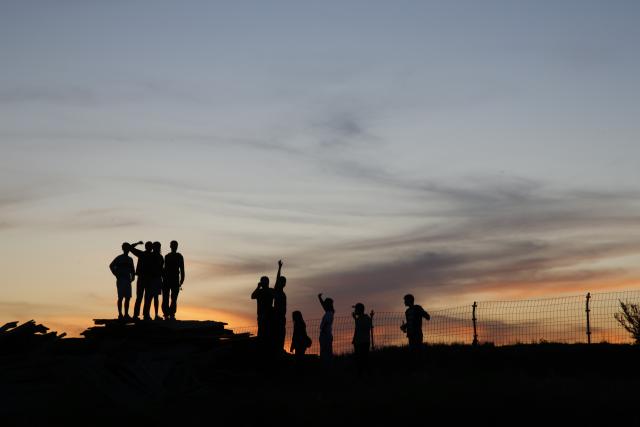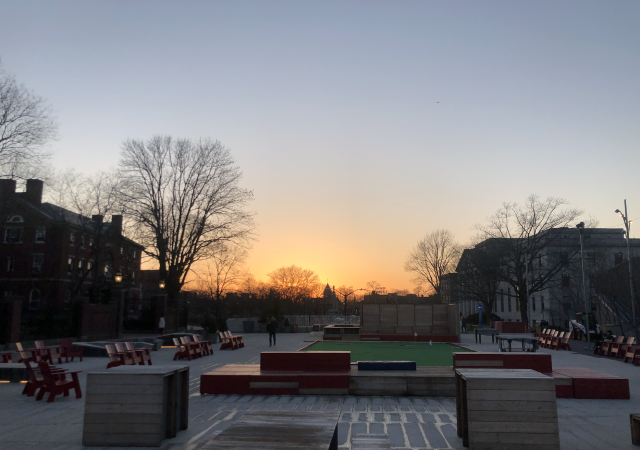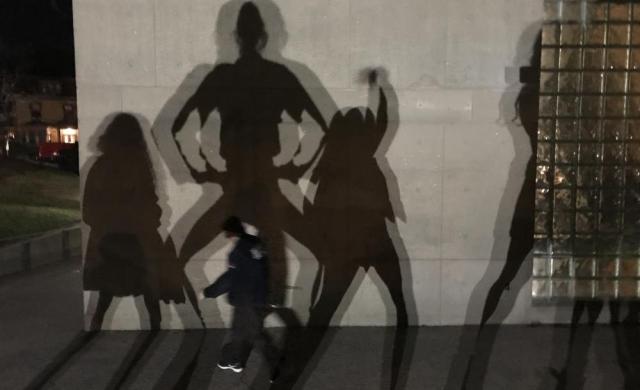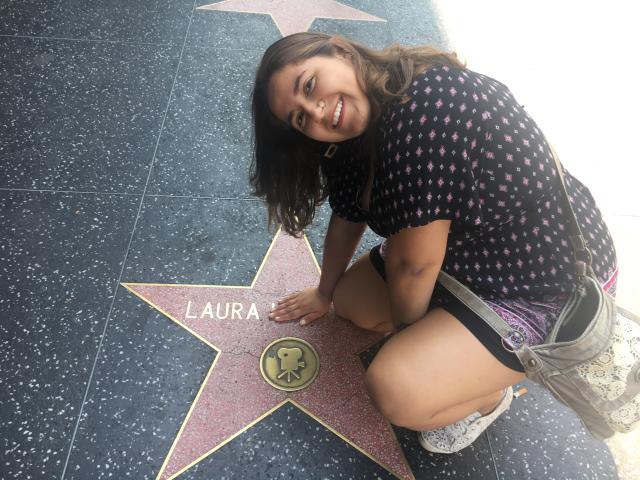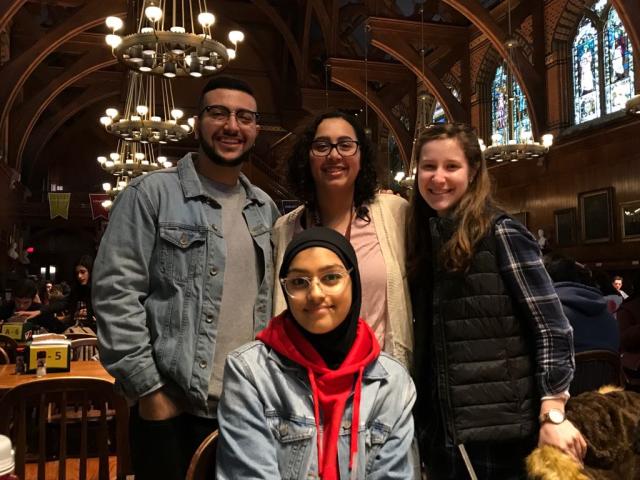Junior year has been one of the toughest years in college so far.
This semester, choosing to take five classes and participating in four extracurricular activities has been incredibly fun. Still, at times, it’s left me swamped with deadlines and debates about how to spend my time. Weekends have become partial breaks, and each day seems to stretch longer as the semester progresses.
One class, however, has helped me contextualize my stress and understand on a deeper level a human condition that is pervasive and inevitable among college students: anxiety. Where does anxiety come from? Where does anxiety go? And, most importantly, what insights can we draw from the study of anxiety in art, literature, history, psychology, and philosophy?
Exploring this question has turned my semester into a case study of sorts. In this blog, I’d like to share some of what I’ve learned so far, and why this Gen Ed class has been one of my favorite classes at Harvard.
The Harvard College Program in General Education (Gen Ed)

The Harvard College Gen Ed Program lets students explore a field outside their concentration. All students will take classes in Aesthetics & Culture; Ethics & Civics; History, Societies, Individuals; and Science & Technology. Each category consists of interesting—often niche—classes related to the category as a whole. More importantly, Gen Eds have allowed professors doing groundbreaking research the special opportunity to pull out interesting and useful nuggets of information from their research to teach in a class. With course titles like “Creativity,” “Happiness,” “Understanding Darwinism,” and “Science and Cooking,” Gen Eds offer both a breadth and depth of study in unique topics that are not typically explored in the classroom.
The Gen Eds at Harvard have been some of my favorite classes. During freshman year, I learned about how the circadian rhythm and accumulation and depletion of homeostatic sleep drive moderate our sleep habits. In sophomore year, I learned about the intricate relationship between the United States and China in politics, ethics, economics, and global issues. Gen Ed courses are not ordinary classes: they are a deep dive into something elusive that provides deep insight into our everyday lives.
To put this into context, I study Neuroscience!
The Age of Anxiety: Histories, Theories, Remedies
This semester has felt like living in an age of anxiety. As the course registration deadline approached, I felt a dread inside me grow as I considered how little time I had left to finalize my classes. Some classes conflicted with my schedule while others did not count toward my course requirements.

Right when I thought I wouldn’t find a final class to take, I came across a course called the “Age of Anxiety.” Ironically, the class explored just what I was feeling: anxiety. The Gen Ed class took an interdisciplinary approach to examining anxiety, asking us to read short excerpts from philosophical works, stories from real people, and chapters from novels. At the end of the year, we’d have the chance to make our own creative artwork depicting anxiety. That sealed the deal. With that, I registered to take the course.
Anxiety as Expectation: Stoicism on Anxiety
What is anxiety? Is it existential dread? Is it the fear of something irrational, a fixation of our imagination?
I ask these questions every time my friend and I walk back to Currier House after class. As Epictetus would argue, anxiety comes from worrying about things that are beyond our control. Similarly, Seneca the Younger argued that anxiety is worrying about the future and the past, things that fundamentally do not exist. Epictetus and Seneca are two of the founding fathers of Stoicism, and together, they suggest that anxiety in the modern age stems from overthinking, over-worrying, and living outside the present.
I’ve attempted to give up control this semester, but doing so has been hard. My packed schedule has made me feel I should tighten my grip on my time rather than the opposite. However, by letting go of some of my expectations, I rediscovered what motivated me to take my classes and participate in my extracurriculars in the first place. I found more joy in everything I did. By living in the present, I enjoyed simple moments and appreciated the little things that popped up here and there. That’s perhaps the point of Stoicism: to challenge our intuition that meeting expectations means everything in life.

I learned to live in the present, search for serendipitous moments, and view life optimistically.
Anxiety as Desire: Buddhism on Anxiety
The Buddha explains that life is suffering, that suffering comes from desire and attachment, and that there is a way out through the Noble Eightfold Path. In the context of college, anxiety for me has come from wanting more success. As things got busier this semester, I longed for free time and a break. During the busiest times, my anxiety taught me about what mattered to me most—my passions, values, friends, and family—when they seemed to slip further and further away.
After stepping back and appreciating what I had, I found that my friends and family were as available as the time I was willing to give. My work had leached into my time, but where it brought the most anxiety was when it began leaching into time with my family and friends. I realized that doing well was far more complex than succeeding and found the value of connecting with those I cared about most.
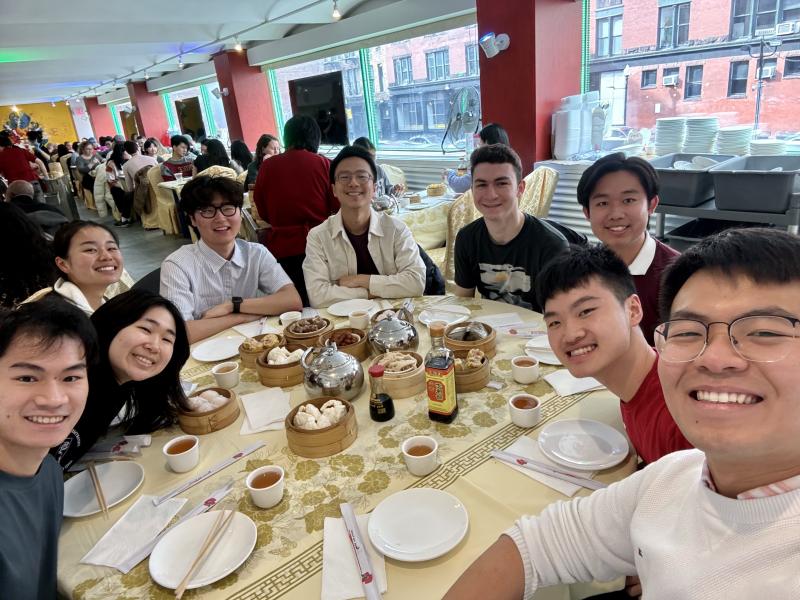
Buddhists would say that life is governed by karmic destiny. This means that everything that happens in our life is meant to be. Perhaps, then, fortune is a manifestation of fate. Every little thing is something to enjoy, appreciate, and cherish because it’s meant to be. For once, I believed my fortune.
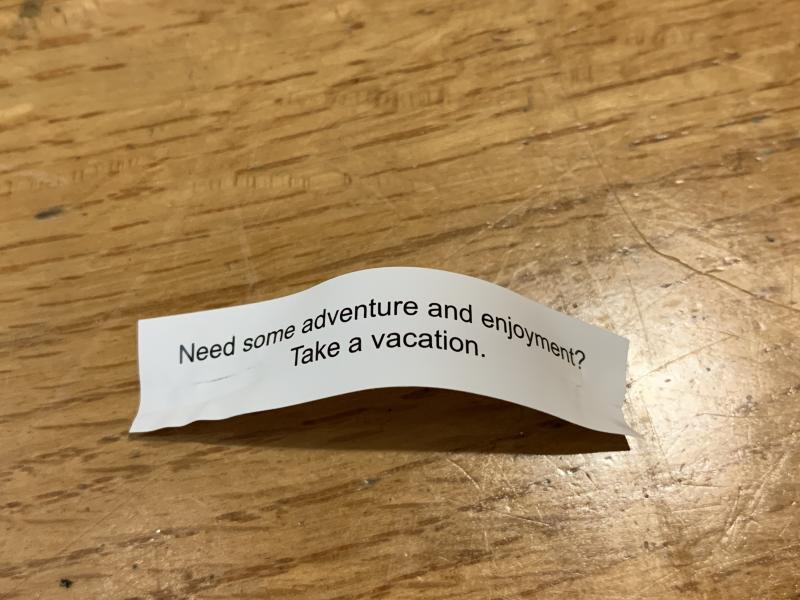
In the end, letting go of my craving for greater success, appreciating the little things, and doing good (and taking vacations) was the way to go.
When Anxiety Finds an End
This semester, I am working on a project exploring the anxiety of loneliness: the fear of being incapable of forming a genuine connection with others. One painting caught my eye when we visited the Harvard Art Museum on a field trip.
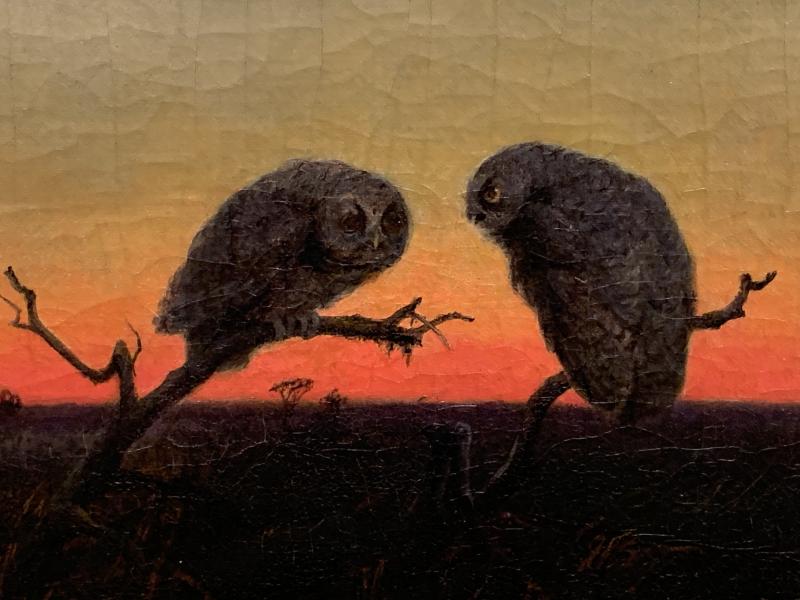
Harvard Art Museum, artist unknown
Standing still on two lone branches, two owls relish in one another’s company—cheerful and content. In the vast sea of the barren unknown, darkening under the slipping sun, the owls find relief in the most unexpected place: in each other.
Similarly, this class has been a relief for me. It may be a Gen Ed class, but it’s given me a reason to rethink myself and my habits.
As Søren Kierkegaard described in “The Concept of Anxiety”, “learning to know anxiety is an adventure which every man has to affront if he would not go to perdition either by not having known anxiety or by sinking under it. He therefore who has learned rightly to be anxious has learned the most important thing.”
Anxiety never truly comes to an end. However, this semester, I have found an answer to Kierkegaard’s question: being anxious has taught me how to enjoy life—and college—to the fullest.
Shoutout to Professor Blum for teaching this class! It has fundamentally changed how I think about and approach life and has helped me navigate this busy semester.

